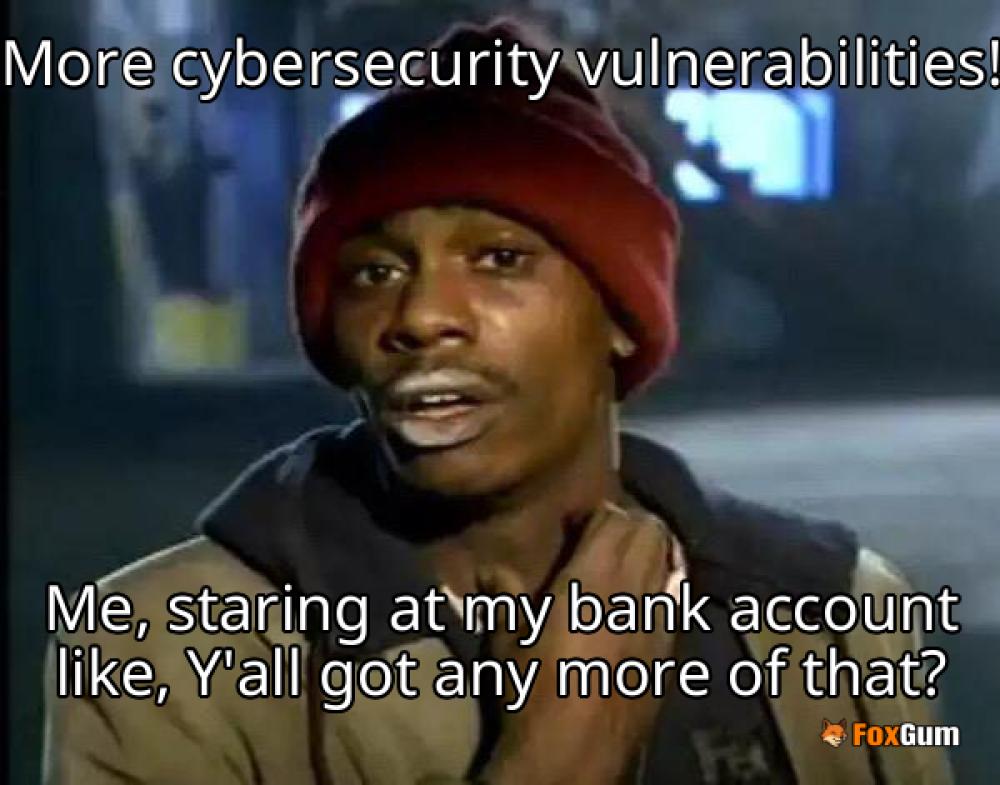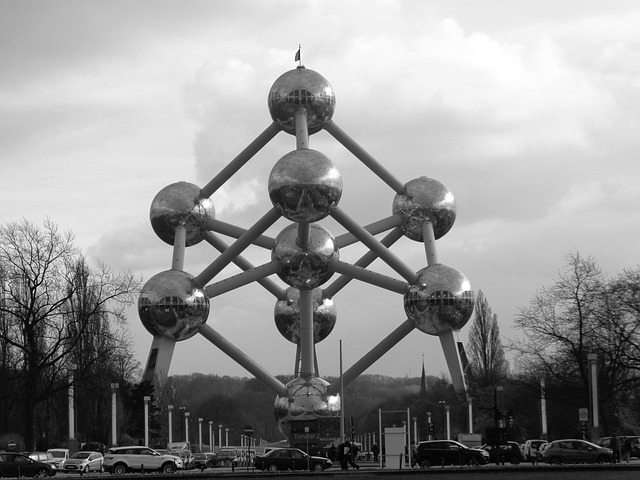
Public Policy
Understanding Public Policy
Public policy is a term that often gets thrown around in discussions about government and community issues. But what does it really mean? At its core, public policy refers to the actions and decisions made by government officials to address various problems within society. This can range from local school board decisions to federal regulations. Essentially, it’s what the government chooses to do—or not do—about the challenges it faces. 🏛️
The Policymaking Process
Policymaking isn’t a one-time event; it’s an ongoing process. This means that decisions are continually reassessed and revised. For example, when a new law is passed, it doesn’t mean the conversation is over. Instead, policymakers will keep looking at how that law affects different groups and whether it’s meeting its intended goals. This dynamic nature of policymaking ensures that policies can adapt to changing circumstances and community needs.
Identifying Public Policy Problems
Not all issues require governmental intervention. Some problems can be effectively handled by individuals or through civil society—think community organizations or local initiatives. However, public policy comes into play when issues are too large or complex for these entities to manage alone. Examples include public health crises, environmental concerns, and social justice issues. These are areas where laws and regulations are essential for creating a structured response.
The Role of Stakeholders
In the realm of public policy, various stakeholders play crucial roles. These include government officials, interest groups, and the general public. Each group has its own perspective and interests, which can influence the policymaking process. For instance, a city council might consider community feedback when drafting a new zoning law. This collaborative approach helps ensure that policies are more inclusive and representative of the community's needs.
Challenges in Public Policy
Creating effective public policy is not without its challenges. Policymakers often face competing interests and limited resources. Additionally, the complexities of societal issues can make it difficult to find solutions that satisfy everyone. For instance, a new environmental regulation might be beneficial for the planet but could impose financial burdens on local businesses. Balancing these competing needs is a significant part of the policymaking process.
The Impact of Public Policy
The effects of public policy can be profound. Well-designed policies can lead to improved public health, economic growth, and enhanced quality of life. Conversely, poorly crafted policies can create more problems than they solve. Therefore, it’s essential for policymakers to base their decisions on solid research and community input. This way, they can craft policies that genuinely address the issues at hand and serve the public interest. 🌍
Conclusion
In summary, public policy is a vital aspect of governance that shapes the way communities function. It involves a complex interplay of various stakeholders and requires careful consideration of the issues at hand. As society evolves, so too must our policies, ensuring they remain relevant and effective in addressing the challenges we face. Engaging in discussions about public policy is crucial for fostering a well-informed citizenry that can advocate for change and improvement in their communities.

















 Properties All Around
Properties All Around 
 Health
Health  Fitness
Fitness  Lifestyle
Lifestyle  Tech
Tech  Travel
Travel  Food
Food  Education
Education  Parenting
Parenting  Career & Work
Career & Work  Hobbies
Hobbies  Wellness
Wellness  Beauty
Beauty  Cars
Cars  Art
Art  Science
Science  Culture
Culture  Books
Books  Music
Music  Movies
Movies  Gaming
Gaming  Sports
Sports  Nature
Nature  Home & Garden
Home & Garden  Business & Finance
Business & Finance  Relationships
Relationships  Pets
Pets  Shopping
Shopping  Mindset & Inspiration
Mindset & Inspiration  Environment
Environment  Gadgets
Gadgets  Politics
Politics 